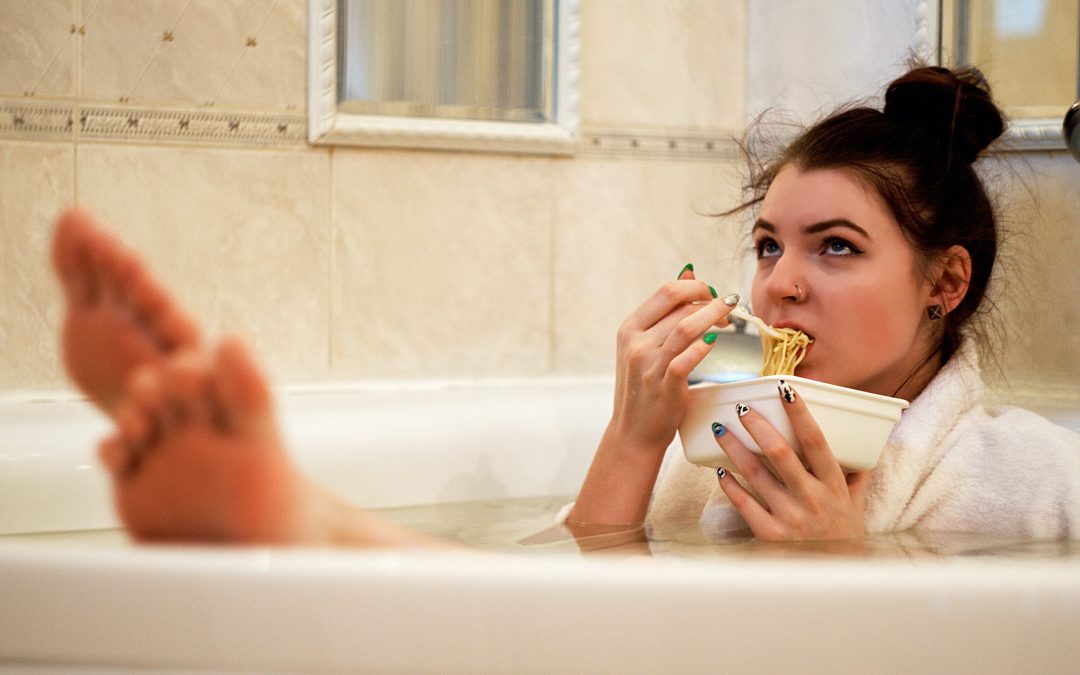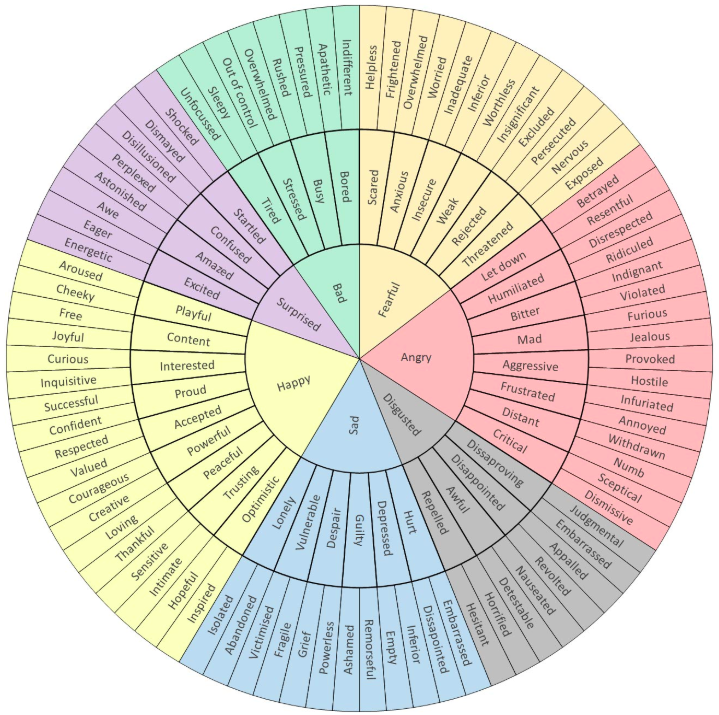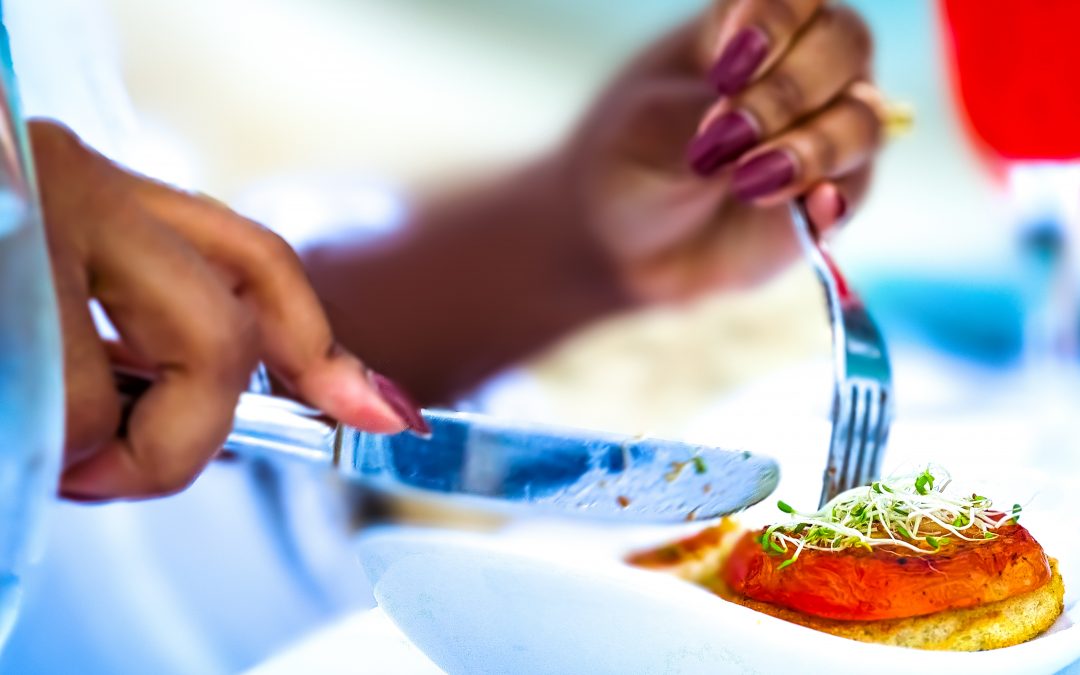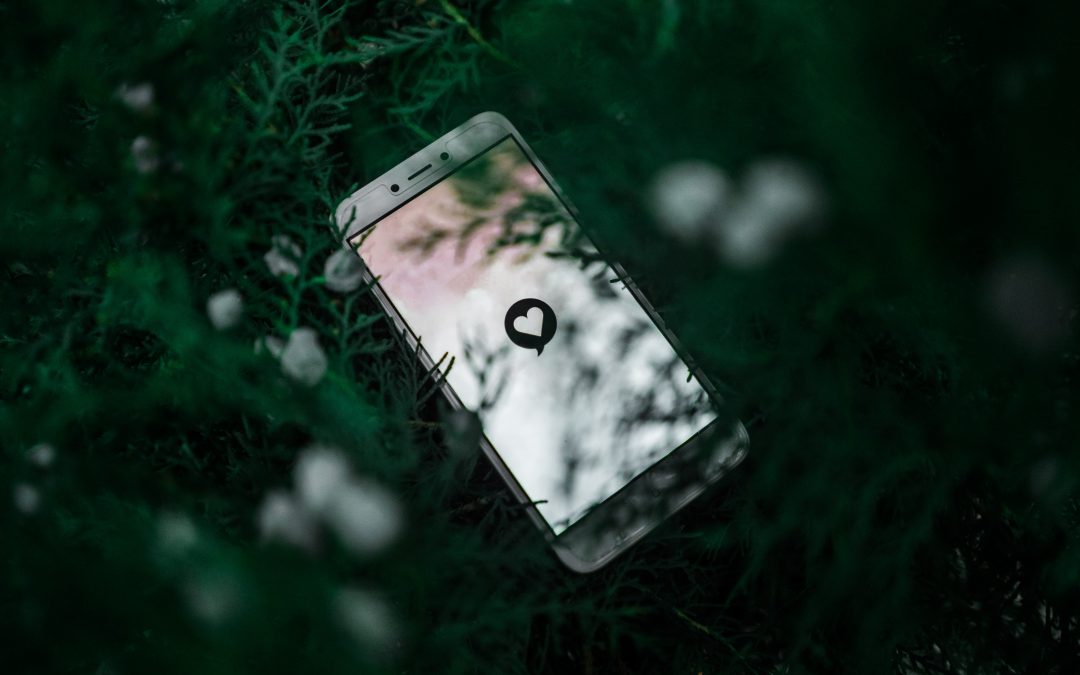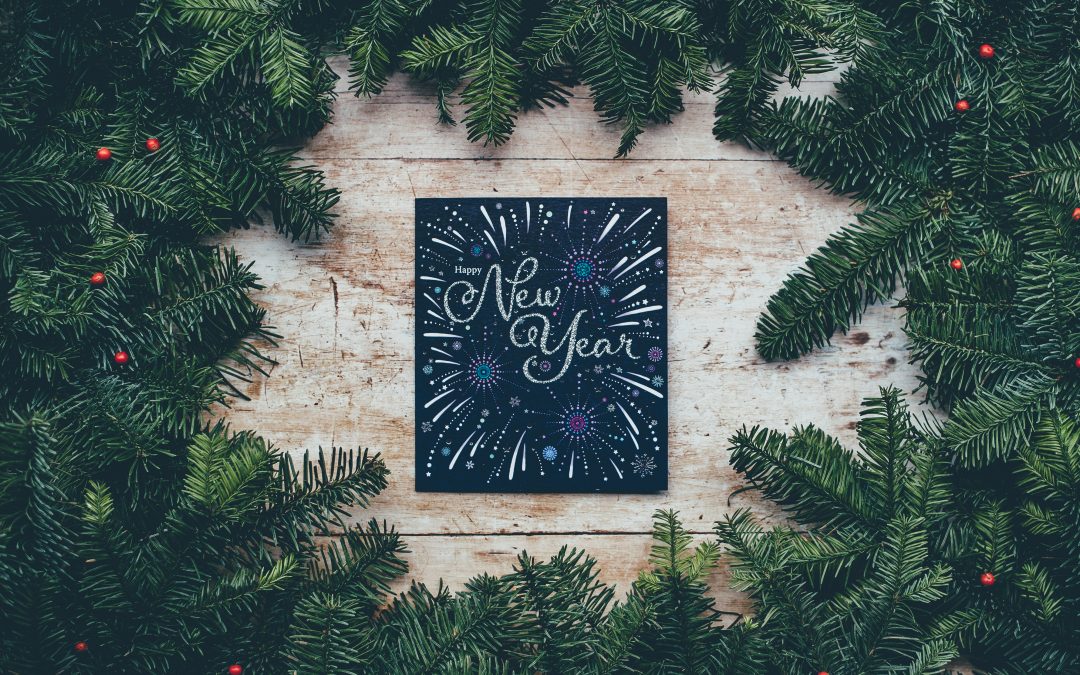
“I Literally Can’t Stop Eating”
“I Literally Can’t Stop Eating”
Have you ever thought to yourself, “I literally can’t stop eating”. It’s not fun to feel out of control around food. In this article we will delve into why you might feel like you can’t stop eating and how to get to grips with.
Do any of the following sound familiar?
“When I start eating, I literally can’t stop eating even when full. Is there something wrong with me?”
Or
“The biggest struggle is to stop eating when I am full already and do not feel like eating anymore. Even when I fell totally stuffed I have this stupid “all or nothing” mentality and try to use the situation to eat as much “forbidden” food as I can.”
If so, you’re not alone. There are challenges I hear in clinic time and time again, and I know that it can feel so frustrating.
For this week’s article, I interviewed Isa Robinson, a Registered Associate Nutritionist (ANutr) and qualified Nutritional Therapist (BANT, CNHC). She has a special interest in disordered eating, food anxieties, body image and nutrition for mental health.
Below, Isa shares her top tips in response to “I literally can’t stop eating”.

Tip 1: Ditch the diet mentality and give yourself unconditional permission to eat
Before we can figure out how to stop eating when we are full, we have to zoom out. We have to consider our overall relationship with food and our eating behaviours.
We can’t expect to stop eating a certain food if we believe we’re never going to get that food again. This is an all too common trap of the “good” and “bad” food mentality. It can set us up to eat past the point of comfortable fullness.
How can we stop at one slice of cake on a cheat day when we know we’re not going to get that food again for some time? It can sound like:
“Well I’ve blown it now, I might as well eat X, Y and Z too because today is a bad day, but tomorrow I’ll be good”.
We can end up eating vast quantities of foods to fit them in before they’re all banished to the “off-limits” list again.
The worst part? We often blame ourselves for lack of control or willpower. The problem is not you, it’s diet culture.
When we know we can have a certain food whenever we like, it becomes easier to stop when we feel satisfied. So, before we even start thinking about fullness, we will need to ditch the diet mentality. The diet mentality refers to idea’s of “good” and “bad” foods, “off-limits” foods, cheat days etc. We need to make peace with certain foods so that we can truly trust that we can have them again.
Tip 2: Learn what fullness feels like for you
How can you aim for a target of stopping eating when full if you don’t know what the target is? Part of learning to respect comfortable fullness is learning what fullness feels like for us. And doing so from a non-judgemental and curious stance.
ACTIVITY: What is fullness?
What comes into your mind when I say comfortable fullness?
- Are there already some judgements coming up? If so, what do you notice?
- Does this have positive/negative connotations?
- Perhaps you might think of an extreme like Christmas day/thanksgiving fullness?
It’s going to feel a bit different for everyone. Some common descriptions to help us get started include
– feeling a stretching of the stomach
– pleasant associations of contentedness
– completeness
– satisfaction
Remember that we want to feel full and not just the absence of hunger.
There can be many factors that interfere with being able to recognise or respond to fullness signals. For example, eating when distracted, being conditioned to finish our plates and a history of food insecurity.
ACTIVITY: distraction-free meals
Practicing some distraction-free meals and mid-meal pauses. This can help to identify emerging sensations of fullness.
Tip 3: Respond to hunger appropriately
An important part of figuring out how to stop eating when full is how we respond to hunger.
Diet culture encourages us to stave off our hunger rather than act and respond to it. We can trick our body’s into this in the short term. But at some point, our cells will take over. When we start dipping into our primal or extreme hunger, it’s very common to experience rebound eating.
Think of a petrol tank on a car getting to zero, rebound eating is then eating all the way up to full. This is way past the point of comfortable fullness. It is a normal response to hunger that’s hardwired into our DNA. When we were hunter-gathers on the savannah, going through a period of famine, we weren’t going to stop at comfortable fullness. We needed to eat in excess in case we weren’t able to eat again soon. Our bodies don’t know the difference between this and now where there’s pretty much a Pret on every street.
Bottom line: it’s going to be impossible to stop eating when full if we’re not eating enough or responding to our hunger cues properly.

Tip 4: Check the staying power of your food and take caution with air foods
Unfortunately, our current diet/wellness culture has normalised under-eating.
If you’ve had lettuce cups for lunch, it’s hardly surprising to find yourself deep in a box of celebrations later in the afternoon.
That’s because lettuce cups don’t have “staying power”.
To have staying power, a meal required fat, protein, carbohydrates and fibre. Fats add flavour, taste and texture, whilst increasing physical feelings of satiety. Protein also has a satiating impact. Carbohydrates help to balance blood sugars. Fibre adds bulk whilst slowing down the absorption of glucose for slow-release energy.
Going low carb (aka swapping bread for leaves) and/or low fat (aka removing the salad dressing) means removing some of the staying power. And tasty bits! In this case, it’s likely we’ll be on the prowl for something to fill the void.
Consistently eating foods with staying power, as well as actually having the delicious parts of the meal that hit the spot is important. It will mean that both our stomachs and our cells will feel satisfied. This can give us that feeling of comfortable fullness. When we also know that we can have those foods again, it will become much easier to stop eating when full.
Tip 5: Don’t turn it into a rigid rule – (Pssst…It’s okay to eat granny’s apple pie)
This process is about respecting our bodies and our fullness. It’s not about having to stop as soon as we’re full as a rule.
Intuitive Eating is not the hunger and fullness diet. It’s very important that the diet mentality doesn’t get its claws into this part of the process. Because we know that this can backfire making it harder to tune into our body’s needs.
Food is about so much more than obtaining nutrients and energy. It’s social, pleasurable, a way of experiencing new places and celebrating various traditions. There will be times in our lives when we are comfortably full, but we still want to eat. For example, birthday cake, Christmas pudding or Grandma’s apple pie on Sunday lunch because no one can make it as good as she does.
Remember there is no such thing as perfect so in these circumstances. Trust that your body is smart and that the fullness will pass. You don’t need to compensate, you haven’t done anything wrong, you are just a human being.
So what do I do if I literally can’t stop eating?
Each of the tips above provided by Isa, offer some excellent insight into why you feel like you literally can’t stop eating. One of the most important steps in my experience, is eating enough food throughout the day, by noticing and responding to natural hunger signals.
You can find our more about Isa Robinson via her website https://isarobinsonnutrition.co.uk/




